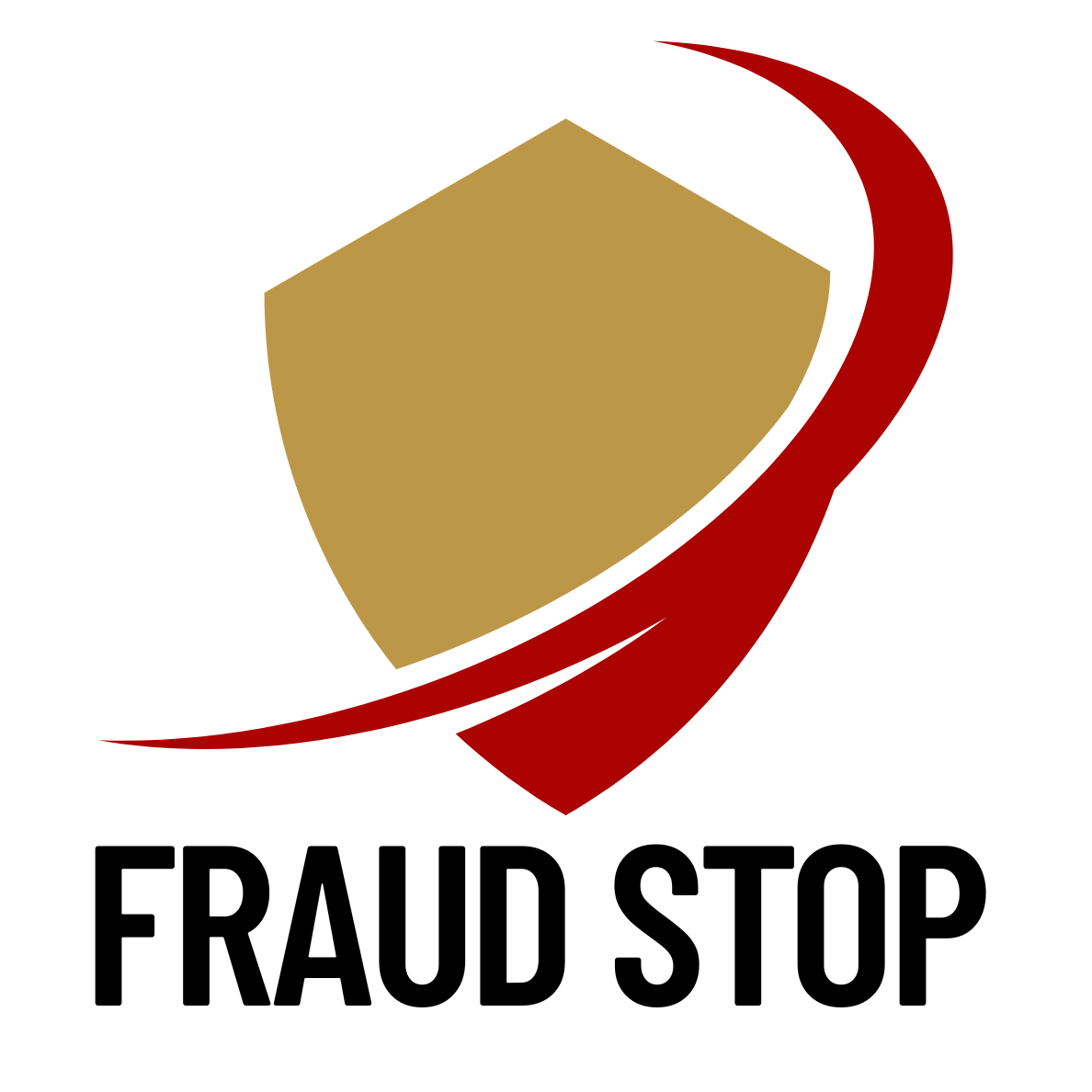The 10 Most Frequently Asked Questions:
1. What exactly is a “profit leak”?
Answer : A profit leak is any avoidable expense, inefficiency, or missed opportunity that silently erodes your net profit, without delivering proportional value. Unlike obvious costs (e.g., rent or payroll), profit leaks often go unnoticed because they’re embedded in daily operations.
Example: A SaaS company losing 12% of annual revenue to uncollected late fees or failed payment retries (Stripe data shows up to 30% of failed payments are never recovered).
2. How can I tell if my business has profit leaks?
Answer : Look for these red flags:
Declining margins despite stable or growing revenue
High customer churn relative to industry benchmarks
Unexplained variances in inventory or cash flow
Consistently over-budget departments
According to PwC, 78% of SMBs experience at least one significant profit leak annually, but only 22% actively audit for them.
3. Are profit leaks only about fraud or theft?
Answer : No. While internal fraud (e.g., payroll padding, fake vendors) accounts for ~5% of annual revenue loss (ACFE 2024 Report), most leaks stem from operational inefficiencies:
Overpaying for software subscriptions (Gartner estimates 30–40% of SaaS spend is wasted)
Poor pricing strategy
Inefficient workflows
Unmonitored discounts or write-offs
4. Can technology help detect profit leaks?
Answer : Yes. Automated tools like anomaly detection in accounting software (e.g., QuickBooks Advanced, Xero + AI add-ons) can flag unusual patterns. For example:
Duplicate invoice payments (accounts for ~2% of AP spend, per APQC)
Subscription creep (businesses overspend by 20–35% on unused licenses—Flexera 2025)
However, tech alone isn’t enough—human analysis is needed to interpret context.
5. Where do profit leaks most commonly occur?
Answer : Top 5 areas (based on McKinsey & BDO advisory data):
Procurement – Lack of vendor negotiation or contract reviews
Inventory – Overstocking, spoilage, or shrinkage (retail avg. shrink = 1.6% of sales -NRF 2025)
Labor – Overtime abuse, misclassified roles, or underutilized staff
Customer pricing – Unapproved discounts, inconsistent billing
Tech stack bloat – Paying for redundant or underused tools
6. How much money do businesses typically lose to profit leaks?
Answer : On average, SMBs lose 5–15% of revenue annually to undetected leaks (Forbes SMB Advisory, 2024). In dollar terms:
A $2M-revenue business with 20% net margin ($400K profit) could be leaking $100K–$200K/year
Larger firms (>$10M revenue) often leak $500K+ without realizing it
7. Is a financial audit enough to find profit leaks?
Answer : Not usually. Traditional audits verify compliance and accuracy, not efficiency or strategic waste. Profit leak detection requires operational forensic review: examining processes, vendor contracts, pricing models, and behavioral patterns. Only 12% of standard audits uncover material profit leaks (AICPA, 2023).
8. Can fixing profit leaks improve cash flow immediately?
Answer : Often, yes. Quick wins include:
Renegotiating vendor contracts (average savings: 8–15%)
Automating dunning emails for late payments (reduces Daily Sales Outstanding by 5–10 days)
Eliminating redundant software (saves $5K–$50K/year for mid-sized firms)
Many fixes yield ROI within 30–90 days.
9. Do profit leaks affect profitability more than revenue growth?
Answer : Yes—in many cases. A 1% reduction in costs can boost profit more than a 5–10% revenue increase, depending on margins.
Example: At 10% net margin, saving $10K = same as generating $100K in new sales. That’s why top-quartile performers focus equally on “profit hygiene” as growth (Bain & Co.).
10. How do I start finding profit leaks in my business?
Answer : Begin with a Mini Profit Leak Scan:
Review your P&L line-by-line vs. industry benchmarks
Track KPIs like CAC, LTV, inventory turnover, and gross margin by product/client
Interview frontline staff—they often spot waste leadership misses
Use free diagnostic tools (e.g., expense categorization reports, payment failure analytics)
Pro tip: Most high-impact leaks hide in plain sight, like untracked employee overtime or auto-renewing contracts with no usage audit.
